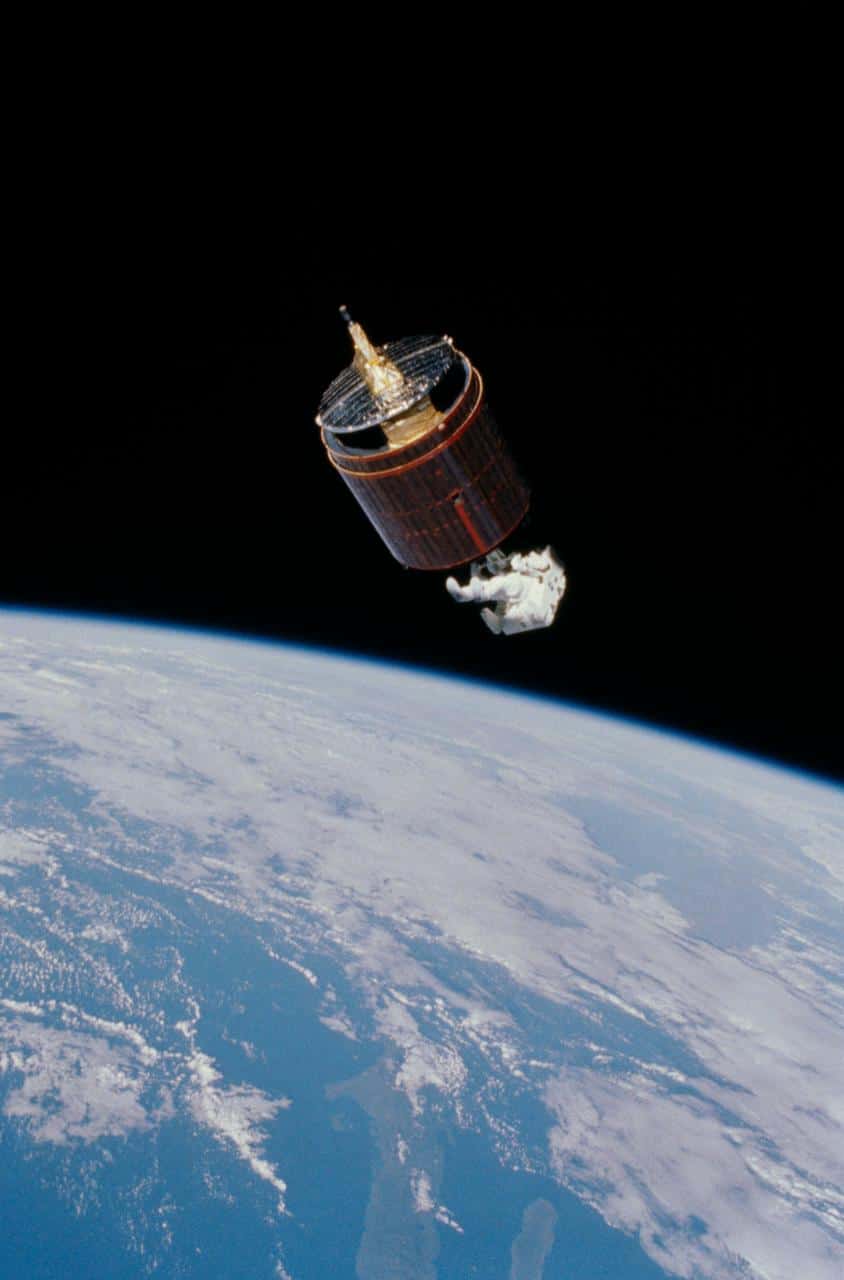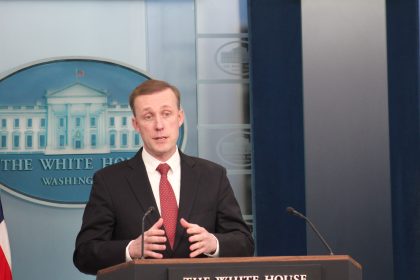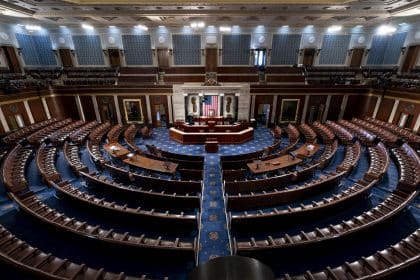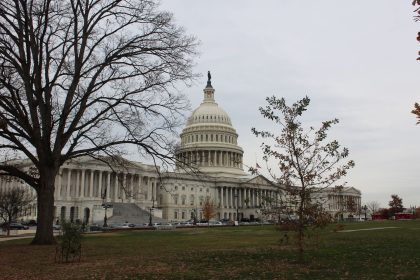Senate Witnesses Advocate Space Force to Protect U.S. Military and Private Satellites

WASHINGTON – The United States needs a new military branch called the Space Force for national defense and to protect commercial satellites, expert witnesses told a Senate panel Tuesday.
President Donald Trump proposed the Space Force last year as a new and separate branch of the military. The proposal is awaiting congressional approval.
Not only does Trump want the Space Force to support military land, air, naval and cyber forces, he also want it to protect private commercial satellite navigation, satellite television and satellite imagery. Other commercial space plans call for space tourism and mining of precious minerals in asteroids.
Trump wants the Space Force to begin operating in 2020 and eventually grow to 15,000 personnel.
“Low-cost launch opportunities and reduction in the size of electronics have created a renaissance in space research and new business models to support civil and government missions,” said Pamela Melroy, a retired U.S. Air Force colonel and former astronaut.
She told the Senate Commerce, Science and Transportation subcommittee on aviation and space that the United States needs a space traffic management system, similar to air traffic control. Among its tasks would be preventing collisions between satellites, space debris and small natural objects that can create great damage in collisions.
The Defense Department’s “Combined Space Operations Center has access to 29 sensors, seven of them dedicated full time, with 22 contributing and collateral sensors which are available part-time,” Melroy said. “These sensors, scattered widely across the globe and providing only poor coverage in the southern hemisphere, are not sufficient for the challenges facing us now.”
They can be affected by weather and only take periodic snapshots of objects in space, she said. In addition, debris less than 10 centimeters in size cannot be tracked with the current sensors.
“These objects present a hazard to navigation for all satellites – civil, commercial, and national security,” she said.
Senator Ted Cruz, a Texas Republican and chairman of the aviation and space subcommittee, said a November 2018 report from the financial firm Morgan Stanley estimated the global space industry could create revenue of at least $1.1 trillion by 2040, compared with $350 billion a year now.
He said he supports a Space Force to protect the space-based assets.
“The importance of space to the United States will only increase in the coming years,” Cruz said.
Amazon.com founder Jeff Bezos last Thursday announced a major development in space commercialization. He unveiled his plan for a lunar lander designed to return people to the moon. He said it would be a step toward building human colonies in space.
However, the commercial plans also face threats from U.S. adversaries, which means there is a need for security before the U.S. economy can benefit from them, said Lt. General David Thompson, vice commander of the Space Command.
The Space Command is an Air Force operation for space defense that would be rolled into the Space Force if it wins congressional approval.
Congress is moving more slowly than Trump prefers. The latest defense spending bill would include $15 million to study a Space Force, rather than paying for establishment of the new military branch.
The bill released Tuesday says “nothing in this provision shall be construed to authorize the establishment of a Space Force.”
Trump wants Congress to appropriate $72.4 million for fiscal year 2020 to set up the Space Force. The Defense Department estimates it would cost $2 billion over five years to organize the service and $500 million a year to operate it.
Democrats in Congress say the Trump administration figures are unrealistically low. A recent Congressional Budget Office report estimated setting up a Space Force could cost $1.1 billion to $3 billion with annual costs of $820 million to $1.3 billion.
























